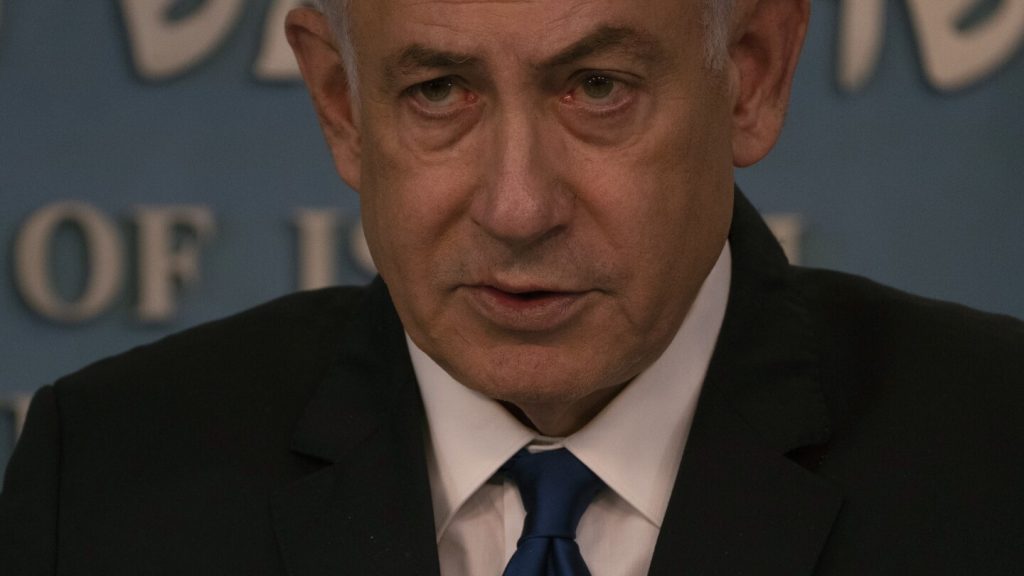Talks between the U.S. and Israel have resumed with the aim of bringing top Israeli officials to Washington to discuss potential military operations in Gaza. Prime Minister Benjamin Netanyahu canceled a planned visit this week after the U.S. abstained from a U.N. cease-fire resolution vote. The White House is now working with Israeli officials to find a convenient date for the meeting, with strategic affairs minister Ron Dermer and national security adviser Tzachi Hanegbi expected to be part of the delegation. Netanyahu’s office clarified that he did not authorize the delegation’s departure to Washington, signaling a rift in relations between the two allies.
The canceled trip was initially meant to discuss a promised ground invasion of the southern Gaza city of Rafah, which is currently packed with displaced civilians. Despite American appeals to call off the planned operation, Israel has maintained its stance. Israeli Defense Minister Yoav Gallant was already in Washington and met with top U.S. officials, including Jake Sullivan, Antony Blinken, and Lloyd Austin, to discuss various topics including the Gaza operation. The situation highlights the tension between the two nations over their differing views on the conflict and possible strategies moving forward.
Netanyahu explained that the decision to cancel the trip was intended to send a message to Hamas that international pressure on Israel will not force it to end the war without concessions from the militant group. He stated that the canceled visit was a warning to Hamas not to rely on external pressure, adding that the U.S. abstention on the U.N. vote was unfavorable as it encouraged Hamas to adopt a hardline stance. Israel’s objectives include destroying Hamas’ military and governing capabilities and freeing hostages taken by the group during a previous attack. The disagreement over these issues has led to a public dispute between the U.S. and Israel, underscoring the challenges in their partnership during the ongoing conflict in Gaza.
The U.S. vote on the U.N. cease-fire resolution has strained relations between Washington and Jerusalem, resulting in Netanyahu’s decision to cancel the visit of Israeli officials to discuss military operations in Gaza. The White House has reassured that talks are ongoing to find a suitable date for the meeting, with Dermer and Hanegbi expected to be part of the delegation. Netanyahu’s actions were interpreted as a message to Hamas not to expect Israeli concessions due to international pressure. The disagreement over the U.N. vote reflects the broader tension between the allies regarding the conflict in Gaza and their respective approaches to resolving it.
The situation remains delicate as Israel continues to plan its military operations in Gaza, despite American appeals to reconsider. Netanyahu’s decision to cancel the visit underscores the challenges in the U.S.-Israel partnership during this conflict. The public dispute between the two allies represents a significant rift in their relations and highlights the complexities of navigating the conflict in Gaza. As talks resume and efforts are made to address the differences between the U.S. and Israel, the focus remains on finding a way forward that balances their respective interests and goals in the region.


